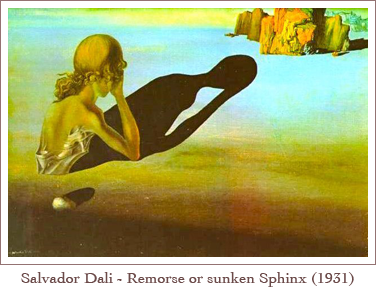•
the Blog
Genetics and racism (1)
By Guillaume Filion, filed under
variability,
crimestop,
genetics,
series: genetics and racism.
• 30 December 2012 •
Important note: Please read the Erratum at the end of the post.
Tolstoy’s remorse
It is 1879. Leo Tolstoy, then rich and famous for War and Peace and Anna Karenina works on another kind of text.
 In A Confession he explains at length that he regrets writing those novels. The focus of his remorse and his anger towards himself is the heart of his talent, this innate sense of human nature. Tolstoy's pen had no equal when it came to paint the Russian society of the time, its characters and its culture. However, he explains that this attitude towards writing is wrong, because he has been telling without preaching, he has been describing without judging. He will even abandon the royalties of War and Peace and Anna Karenina, refusing to earn money from such immoral writings.
In A Confession he explains at length that he regrets writing those novels. The focus of his remorse and his anger towards himself is the heart of his talent, this innate sense of human nature. Tolstoy's pen had no equal when it came to paint the Russian society of the time, its characters and its culture. However, he explains that this attitude towards writing is wrong, because he has been telling without preaching, he has been describing without judging. He will even abandon the royalties of War and Peace and Anna Karenina, refusing to earn money from such immoral writings.
We were all then convinced that it was necessary for us to speak, write, and print as quickly as possible and as much as possible, and that it was all wanted for the good of humanity. And thousands of us, contradicting and abusing one another, all printed and wrote — teaching others. And without noticing that we knew nothing, and that...

